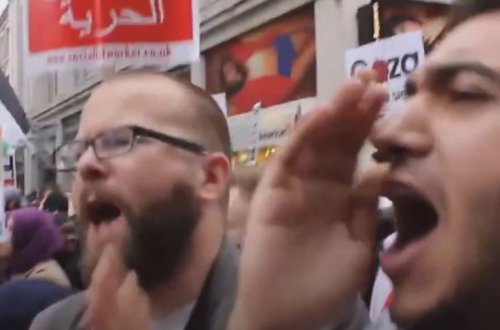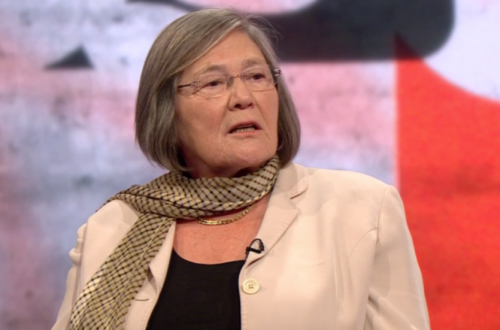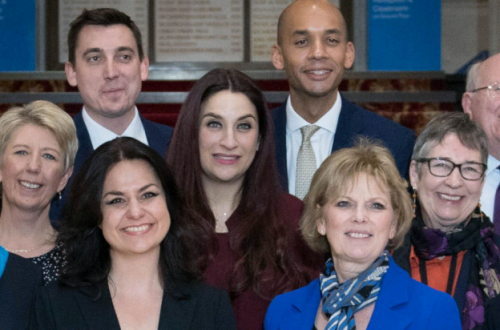This is a cross post from The Coffee House by Shiraz Maher
How soon the revolutionaries forget. You only need a sketchy knowledge of what happens to the pigs in Animal Farm to appreciate how easily revolutions are deflected from their original course. A recent – and rare – show of unity by disparate Syrian rebel groups suggests this is happening in Syria, too.
Throughout the 20 month uprising President Obama has watched and wavered with almost blithe indifference (save for the occasional condemnation) as Bashar al-Assad has killed more than 50,000 of his own people. This changed last week when the White House finally intervened. In its most decisive pronouncement on the conflict to date, the jihadist group known as Jabhat al-Nusrah (which has ties to al-Qaeda) was proscribed. It goes without saying that the group is highly dangerous and problematic, complicating an already difficult situation even further.
The backlash was as swift as it was unanimous. Jabhat al-Nusrah naturally condemned the move, but so too did the National Coalition for Syrian Revolutionary and Opposition Forces, the Syrian National Council and the Muslim Brotherhood. It is perhaps the only time in the entire uprising that all the different revolutionary bodies have been united on anything.
To say this reveals an overarching Islamist agenda is to overlook the iridescence of the uprising. There are different phases of the Syrian revolution. In its original form, the revolution began as a peaceful movement only agitating for reform. When Assad responded with a wave of arrests, protesters began chanting for his removal. Assad then retaliated with bullets and killed hundreds in the process. This miserable pattern looped for several months. Peaceful protesters would demonstrate only to find themselves being gunned down. Those less fortunate would be disappeared into the Baathist state’s labyrinthine web of subterranean torture chambers.
Those who emerge – often dead – bore all the hallmarks of unparalleled barbarism. When authorities caught up with Ibrahim Kashoush, a singer from Hama who wrote a popular pro-revolutionary song branding Assad an ‘ass’ he was beaten for days before having his throat slit and his voice box removed. His body was then thrown in the street as a warning to others.
Syrian soldiers unable to abide orders to attack their own people began defecting and formed the Free Syrian Army. Their first real stand came in the besieged town of Baba Amr, Homs, where they prevented Assad’s forces from entering the town for several weeks. This was the best they could hope for. Outgunned, outmanned, and with little outside support, they were eventually forced into a tactical retreat.
That scenario was repeated across the country while the FSA struggled to find backers who would arm them. This was not the only factor that would weaken them. The FSA is comprised of Army defectors who think in conventional military terms and are ill prepared for guerrilla war.
Jabhat al-Nusrah filled that void. Comprised of remnants from the Iraqi insurgency, they have experience of waging efficient guerrilla campaigns after years of fighting coalition forces. They have shown the FSA it is pointless trying to control large swathes of territory. Their emphasis is on fighting. Whenever possible they engage Assad’s forces, ambush them, exhaust them, deplete their resources, and ultimately kill them. This has yielded dividends. Even secular FSA commanders and ordinary Syrians who have little time for religious millenarianism are impressed with the military prowess of the jihadists.
Perhaps most important has been their ability to marshal resources for the Syrian cause. It is often said that money from the Gulf – particularly from Saudi Arabia and Qatar – is fuelling the jihadist impulse in Syria. It is, but they were never the first port of call for Syrian rebels. For months the rebels appealed for Western support. This took many forms: calls for a humanitarian buffer zone, the imposition of a no fly zone, and finally for material support to assist the FSA. Non-lethal support was eventually provided, but such equipment is of little utility when faced with the brutal arsenal Assad’s forces have shown little compunction in using.
In this context the ban on Jabhat al-Nusrah seems inexplicable to many Syrians. Yes, their Islamist agenda is a dangerous one. If they succeed, they will replace one barbarism with another. But worrying over the abstractions of a seemingly distant future is a luxury for ordinary Syrians whose event horizon is corseted by the privations of war.
There is a large body of opinion which suggests we are right to have resisted intervention in Syria. The spectre of Iraq lingers like the ghost of Banquo, as does the quagmire in Afghanistan. Perhaps our inactivity was the best course of action. However, just as intervention comes with associated costs, so too does passivity.
Jihadists are now embedded, entrenched, and determined to have a say in Syria’s future. Syrians know they will have to confront them after Assad’s demise but that is not their immediate concern. This will be Syria’s next war, condemning the country to ruin for at least the next half decade. Secularists on the ground can only despair at this because they see the jihadists as being borne of Western inactivity.
It is often said we should not police the world’s problems. Too many soldiers have laid down their lives in foreign conflicts over the last decade. There is no tangible or immediate gain to be secured by helping the Syrians. This argument has won the day in Westminster and the White House. But with it goes our ability to influence things on the ground too. Small wonder, then, that the proscription of Jabhat al-Nusrah has achieved what Bashar al-Assad failed to do in 20 months of wanton slaughter – to unite all of Syria’s disparate factions in their collective outrage.


